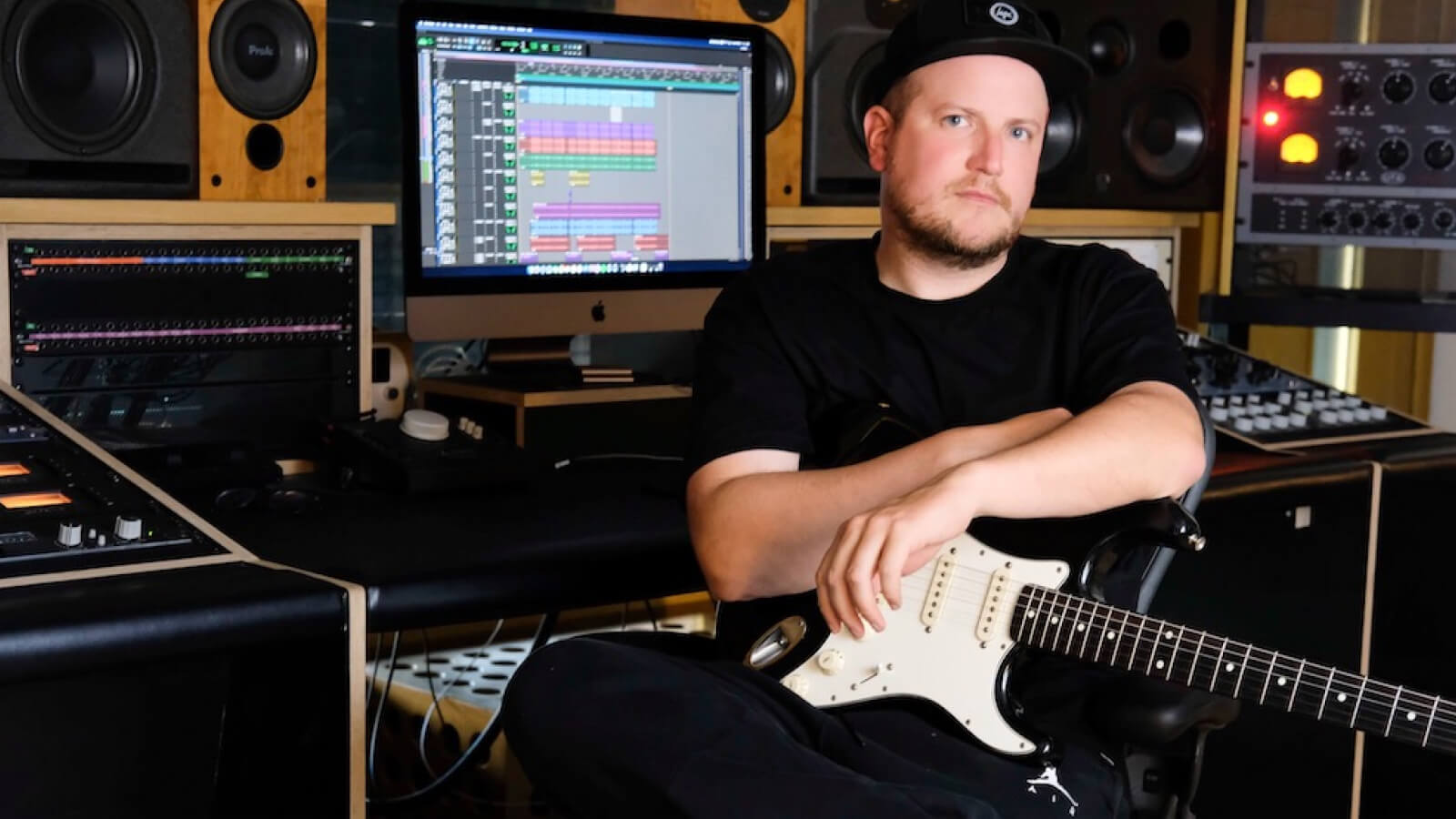My personal Songwriting Process – How I Write With Chorus



Will Hicks, signed Sony ATV songwriter and co-creator of Chorus, explains how he uses the different features to go from a simple melodic idea to completed song.
If you’re writing your songs using Word, Google Docs, or TextEdit, there’s a very good chance that writing your next song on Chorus will make it better, be more enjoyable, and will enable you to step out of any tired chord or lyric patterns, enhancing every aspect of the songwriting process.
Here’s how I use Chorus.
For me songs start in one of two distinct ways
If I’m starting from scratch, I work on the music part of the song first. I open the CHORDS part of the app, and play around till I find a progression that’s inspiring to sing over.
If I’ve already managed to pluck a melody and some segments of the main lyric from my subconscious, I use the CHORDS section to first figure out which key suits that melody, and I then set to work using the CHORDS library to frame the bits of melody and lyric I have.
I’ll play around with some of the substitutions in the CHORDS part of the app, to add as much colour to the melody and or progression as I possibly can.
Having every chord in the key of the song, including a range of substitutions, at your disposal, makes it much more likely that you’ll step away from doing what you usually do.
For me, “new” is very often inspiring.
Once I’ve got my progression in a place that feels good, I start tackling the lyric.
If I have part of the lyric, I’ll write whatever I have down into the Chorus app and look for the important words or phrases from within that. If I’m working from scratch I’ll usually have a title or a key word and I’ll start from there.
I enter a key word or the title of my song into TRIGGERS. TRIGGERS provides me with all the interesting, relatable, singable words I’m likely to need for my song and I can get to work!
As the language is all there on the page, my brain will go into overdrive, and the corner posts of the lyric will reveal themselves quickly. I’ll use TRIGGERS on other key words, until I have built up a vocabulary for my lyric, a pallet of words that encompass the emotion of the song I’m creating. I use the built-in NOTEPAD to save my palette of words to keep at the top of mind while I’m writing.
At this point I’ll head over to the GENIUS section of the app.
I type in some of the key words or the title of the song. GENIUS will then write me custom lines for my song, based on the word prompt and the genre. I use GENIUS to write me a bunch of suggestions that I can pick from.
Much like writing with a co writer, some of the lines won’t work, but some of them will present ideas – and language – I normally wouldn’t have thought of. I make sure to favourite the best ones, and often drop them into the NOTEPAD too.
I find that GENIUS works brilliantly as the ‘ice breaker’ in the process. I very often get a first line of a verse or chorus from GENIUS.
Next, I start placing the lyric on the melody. I make lines out of my palette of words from TRIGGERS and I place and adapt the best lines from GENIUS. As everything I need is in front of me, Chorus allows me to work quickly and spontaneously.
As I’m writing I use Chorus’ RHYMES dictionary to tie the lyric together. The Chorus RHYMES dictionary is better than any other rhyming dictionary when songwriting, and I’ve tried them all.
One really useful part of the Chorus RHYMES is that it promotes and highlight the rhymes that as a songwriter I am likely to need. That, coupled with the fact that the RHYME dictionary is built into the word processor itself makes finding the right rhyme lightning fast, which in turn means I don’t lose the flow of what I’m doing. It keeps me in the moment.
Finally I evaluate what I’ve written. I’ll usually record it roughly. I’ll find some words don’t sit where they should on the melody so I move them. I sometimes go back to TRIGGERS to see if there’s some stronger language to say what I’m trying to say.
If I don’t like a line, or invariably need to write another section. I’ll repeat the process above, using RHYMES, TRIGGERS and GENIUS.
Chorus is a constant source of inspiration. It makes getting stuck/getting writers block, (whatever you want to call it) all but impossible.
Let’s take your songwriting skills to the next level



Get more songwriting tips like this sent straight to your inbox whenever our team of pro songwriters publishes a new article.